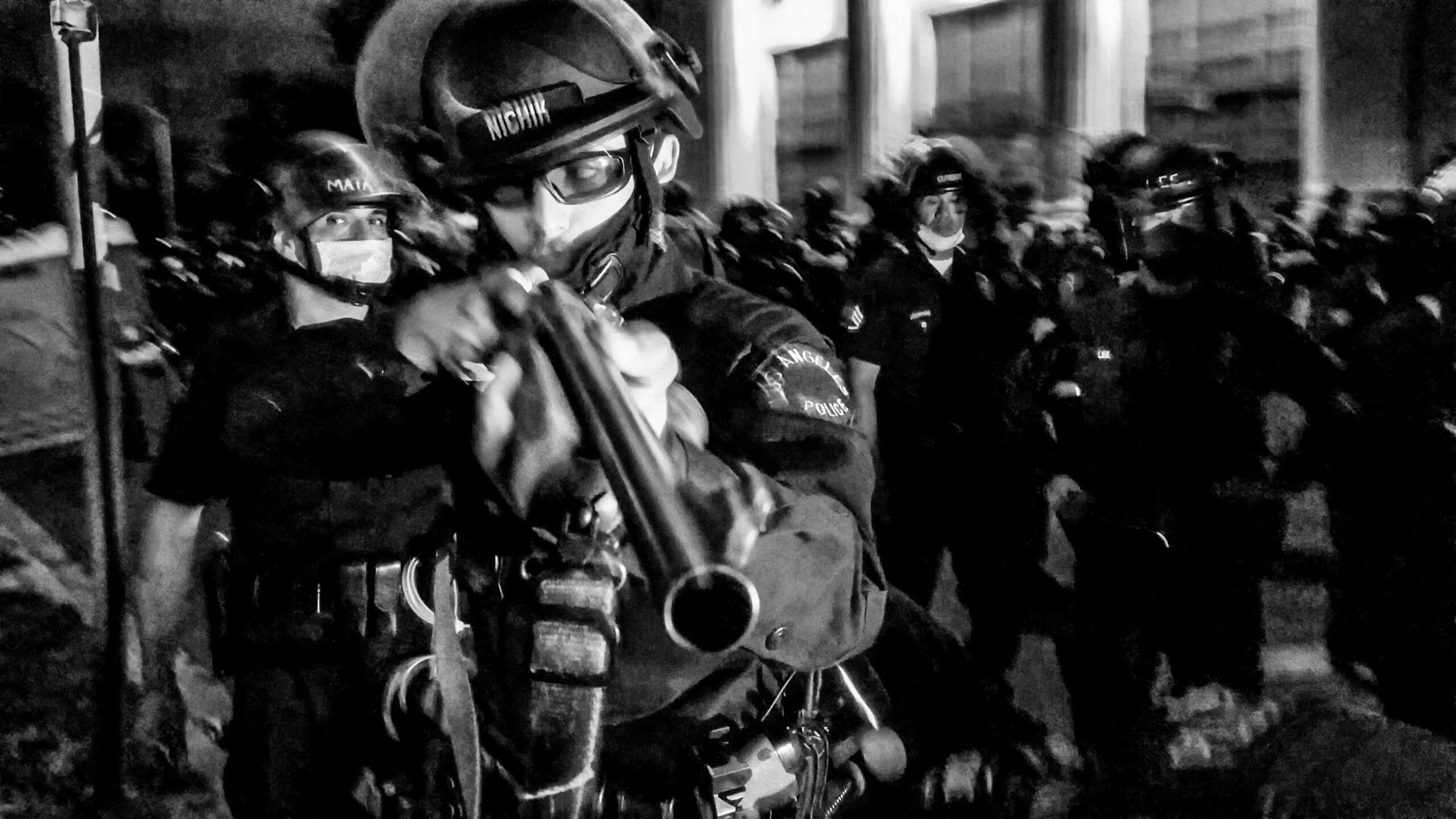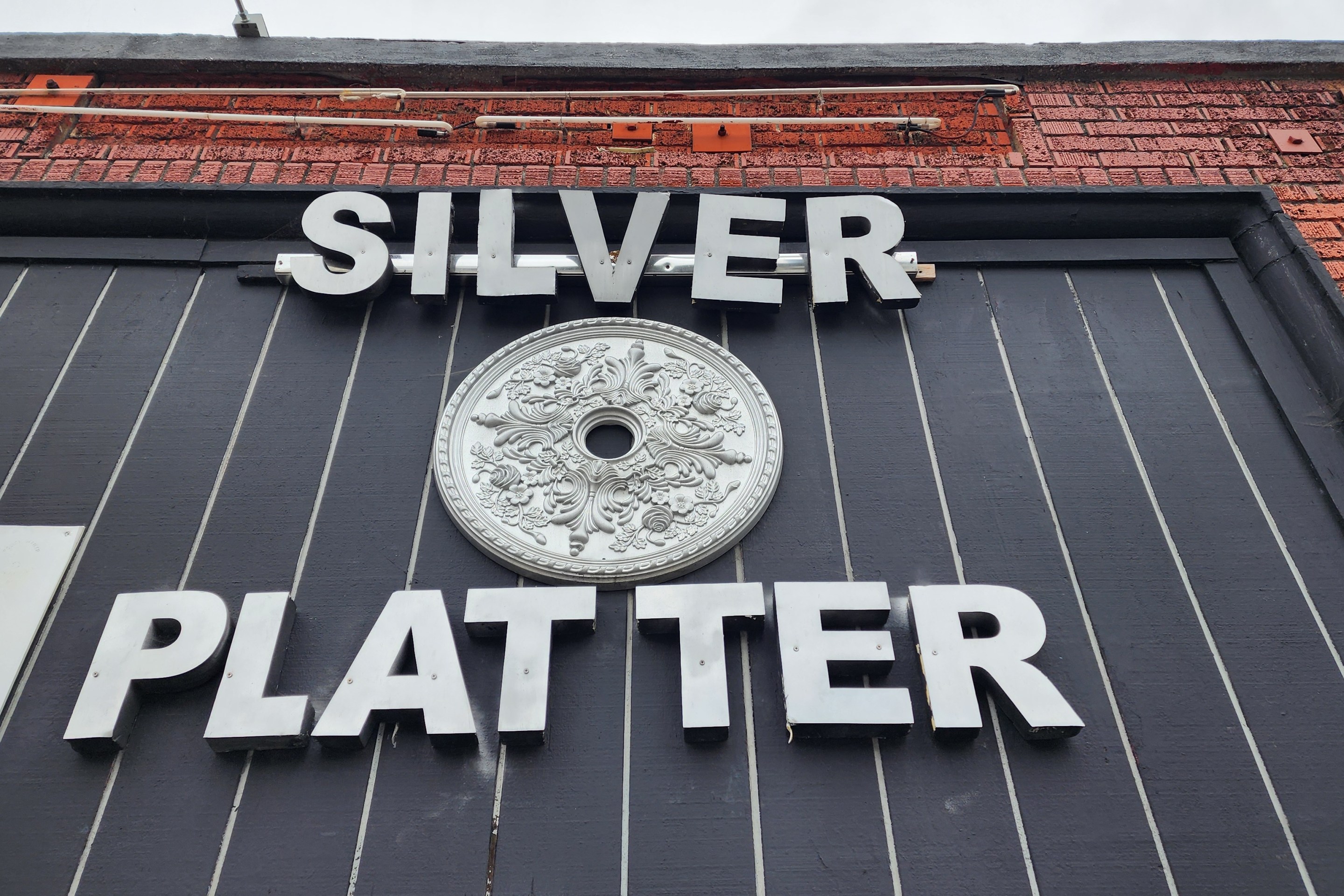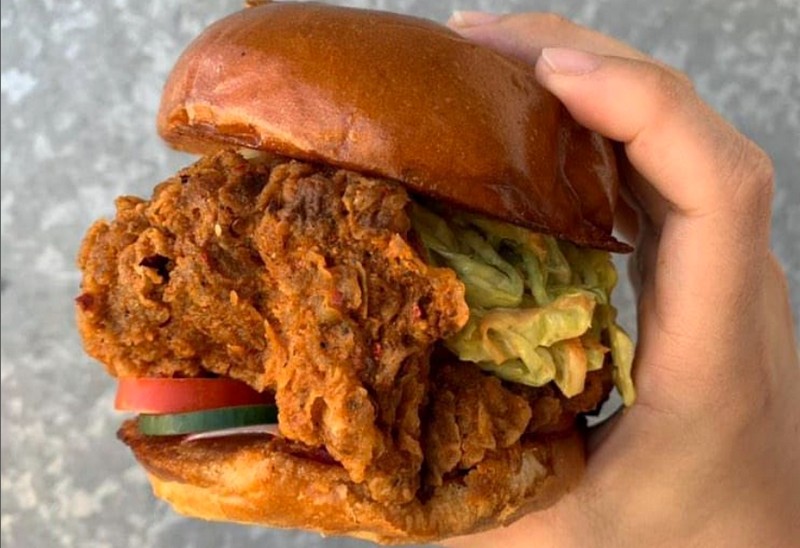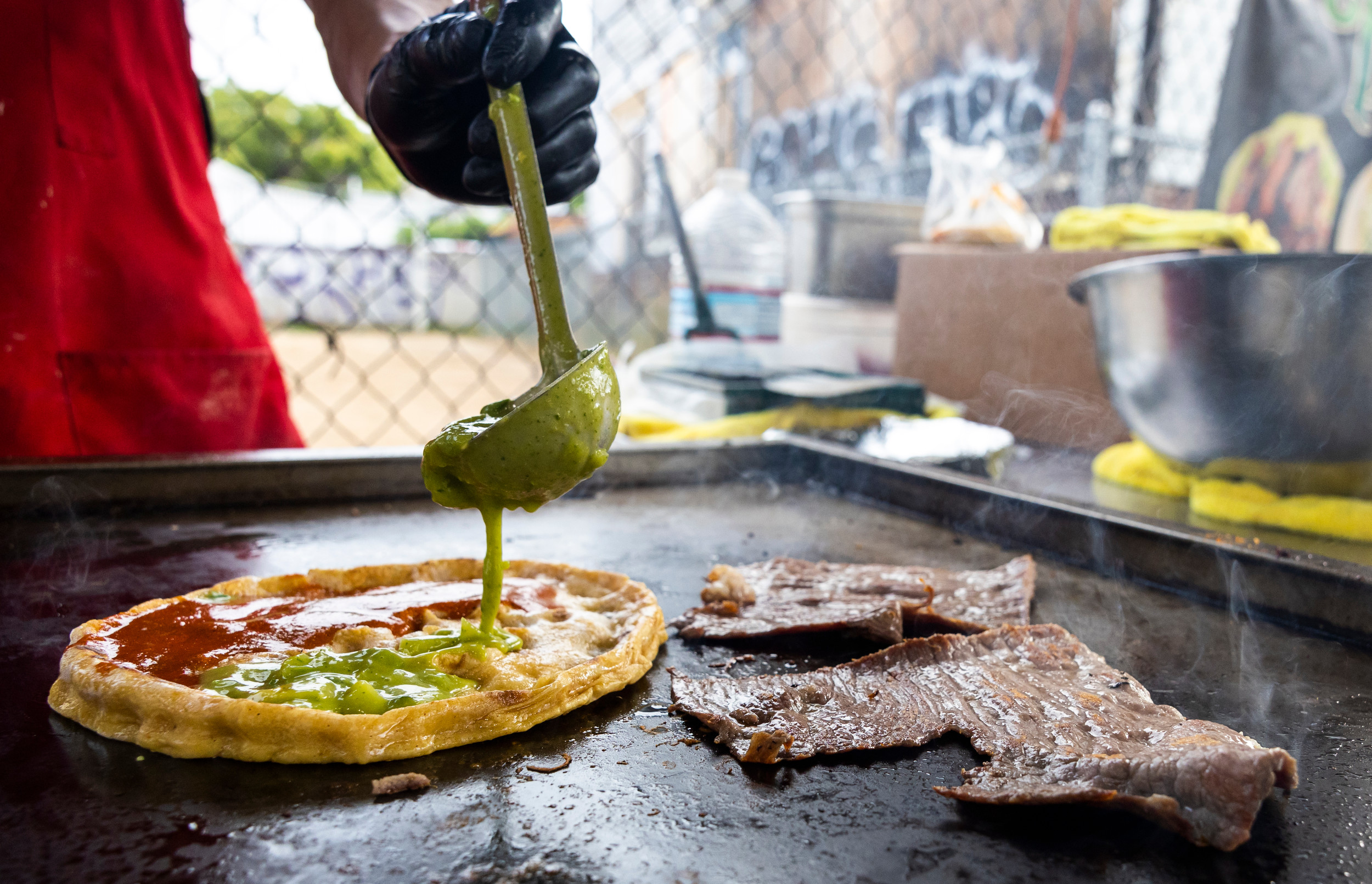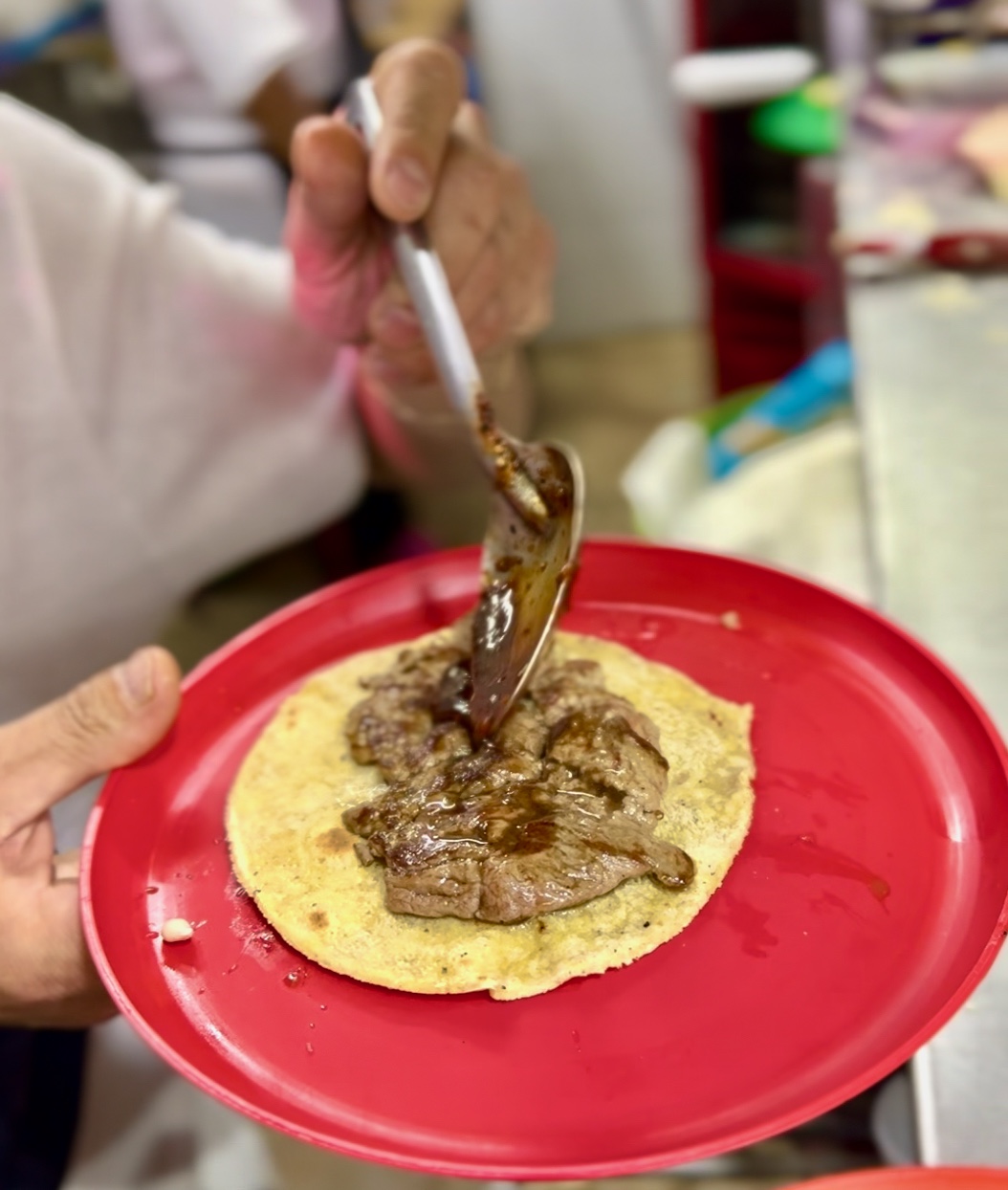On Tuesday, the Los Angeles Police Commission adopted a new policy limiting “pretextual stops.”
Pretextual stops—when police stop a driver for a minor traffic infraction to search for a potentially more serious crime—are technically legal but have been historically known to disproportionately impact Black and Brown communities. Police argue that traffic stops are fundamental to public safety.
According to recent data provided by William Briggs, the president of the Police Commission, last year, Newton Division LAPD officers in South LA stopped more than 27,000 people. Ninety-seven percent of those stopped were Black or Latino. During the same time period, in the department's South Bureau, more than 62,000 people were stopped, 95 percent were Black or Latino. Firearms were recovered in less than 5 percent of those stops.
“The current policy harms our Black and Brown communities. The current policy does not stop crime,” Briggs said on Tuesday.
In 2019, an L.A. Times report and Inspector General investigation similarly found that in South L.A., the LAPD’s Metropolitan Division disproportionately targeted Black and Brown drivers even though they were less likely to have contraband on them.
Under the new policy, officers must now state their reasons for stopping a driver on body-worn video camera. The policy was approved unanimously by the Los Angeles Police Commission—the civilian oversight body of the LAPD—and will go into effect immediately, despite concerns from both activists and the union who represents rank-and-file officers.
Union officials believes the policy will hinder officers' ability to investigate crimes. Activists aren’t necessarily pleased either. They argue that the new policy is too vague and believe that Black and Brown people will continue to be disproportionately targeted. “While claiming to restrict or limit these stops, the policy in fact spells out how officers can continue the same abusive behavior under a new guise,” a coalition of activists wrote in a group letter sent to the commission before the policy was approved.
William Gude, a well-known critic of the LAPD who goes by Film The Police LA on social media, agrees that the new policy doesn’t go far enough to hold officers accountable. Yesterday on Twitter, Gude wrote, “Prediction: no officer will ever get a sustained complaint for violating pretextual stop rules, as there are major exemptions.”
On Wednesday, Gude told L.A. TACO that the new policy is “essentially meaningless.” But he still thinks it will have an impact on the pretextual stops that he regularly documents in Hollywood, where he lives. “I think being required to state the 'reason' for the search will lead to fewer searches.” Gude also believes that the new policy might decrease the number of “consensual” searches (when a driver voluntarily gives police permission to search their vehicle). “I truly think there are a substantial number of LAPD [officers] that don't understand what constitutes probable cause. Now they'll have to learn.”
Under the new policy, LAPD officers are only permitted to conduct pretextual stops when there’s a violation that “significantly interferes with public safety.” An officer must have “articulable information regarding a serious crime” before making a stop. Officers who break policy will first have to undergo training and will face more serious consequences for additional violations.
The policy does not define what type of information is needed to justify a pretextual stop or the amount of information needed. It does however make it clear that the decision cannot be based “on a mere hunch or on generalized characteristics such as a person’s race, gender, age, homeless circumstance, or presence in a high-crime location.”
All in all, the policy is a bit wonky and leaves a lot of discretion up to the officers making the stop in the first place. Under the new policy, when deciding to make a stop, officers are expected to use their “training, experience and expertise.”
What’s the worst that could happen?

